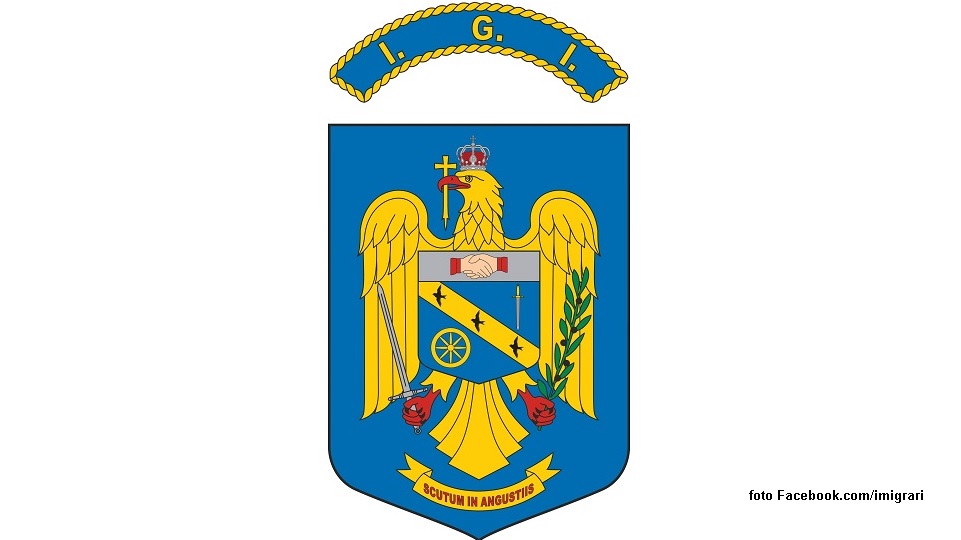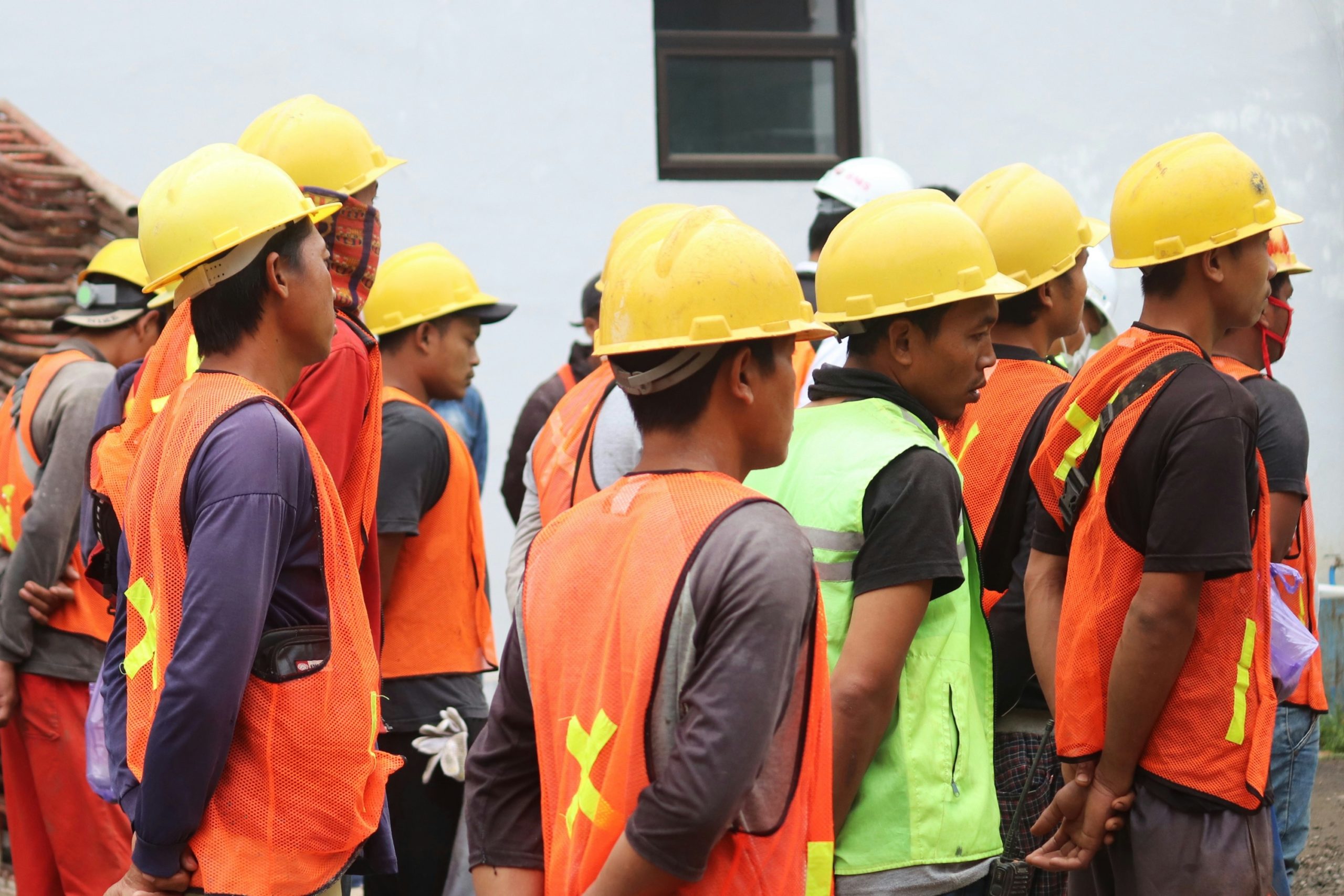Activity report of the Ilfov Immigration Service
In the first 10 months of the year, the Ilfov County Immigration Service (southern Romania) managed the stay and residence of 13,423 people from foreign countries. 12,651 of these foreigners came from third countries, most of them from Nepal (3,866), Sri Lanka (1,349) and Turkey (1,137). Another 898 were EU citizens, coming mainly from Italy, France and Germany.

In the first 10 months of the year, the Ilfov County Immigration Service (southern Romania) managed the stay and residence of 13,423 people from foreign countries. 12,651 of these foreigners came from third countries, most of them from Nepal (3,866), Sri Lanka (1,349) and Turkey (1,137). Another 898 were EU citizens, coming mainly from Italy, France and Germany.
Today, Ilfov is the Romanian county that hosts an increasingly diverse community, with over 51,000 registered foreign nationals. Of these, 38,024 have the right to temporary residence, 5,186 have established a permanent residence here, and 8,254 are citizens of EU, EEA member states or of the Swiss Confederation, the Ilfov County Immigration Service (SIJI) has announced.
Foreigners have chosen to live in Ilfov County mostly to work here – over 9,200 people, whereas 2,100 have reunited with their families in Ilfov. In terms of employment, 8,657 foreigners applied for a work permit in the first 10 months of the year, and 7,093 permits were issued for permanent and posted workers. Some 820 applications have been rejected and 742 are still being processed.
Immigration officers have processed 54 invitations for third-country nationals, of which 34 have been approved and 20 have been rejected, as well as 492 family reunification applications, of which 245 have been approved, 98 rejected, and 149 are being processed.
Special emphasis has been laid on preventing and combating illegal residence and undeclared work. Following checks for illegal situations, 119 foreign nationals have been identified, most of them from Sri Lanka (22), Nepal (19) and India (11). As a result, 64 return decisions have been issued, with a 15-day period to voluntarily depart. Overall, in the first 10 months of the year, 265 return decisions were issued, of which 110 upon request, 72 following the refusal of residence right extension, and 64 for illegal residence. Additionally, 140 people have been denied entry into the EU, the European Economic Area and the Swiss Confederation, for a period ranging from six months to 5 years.



